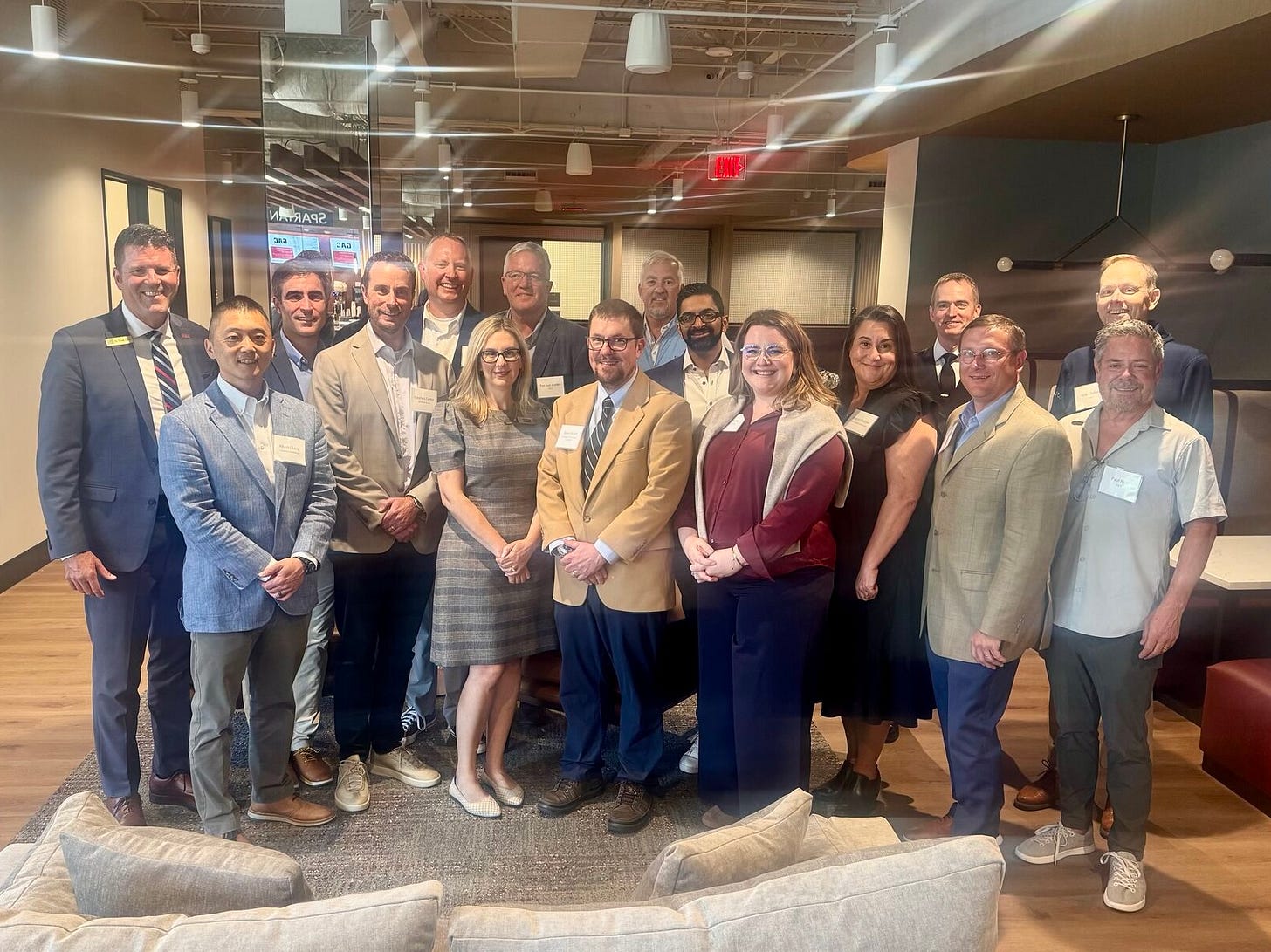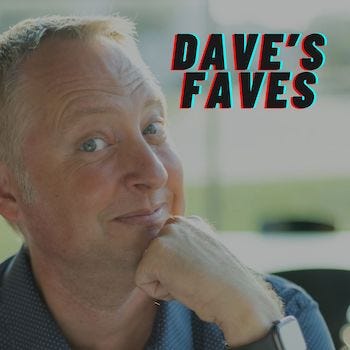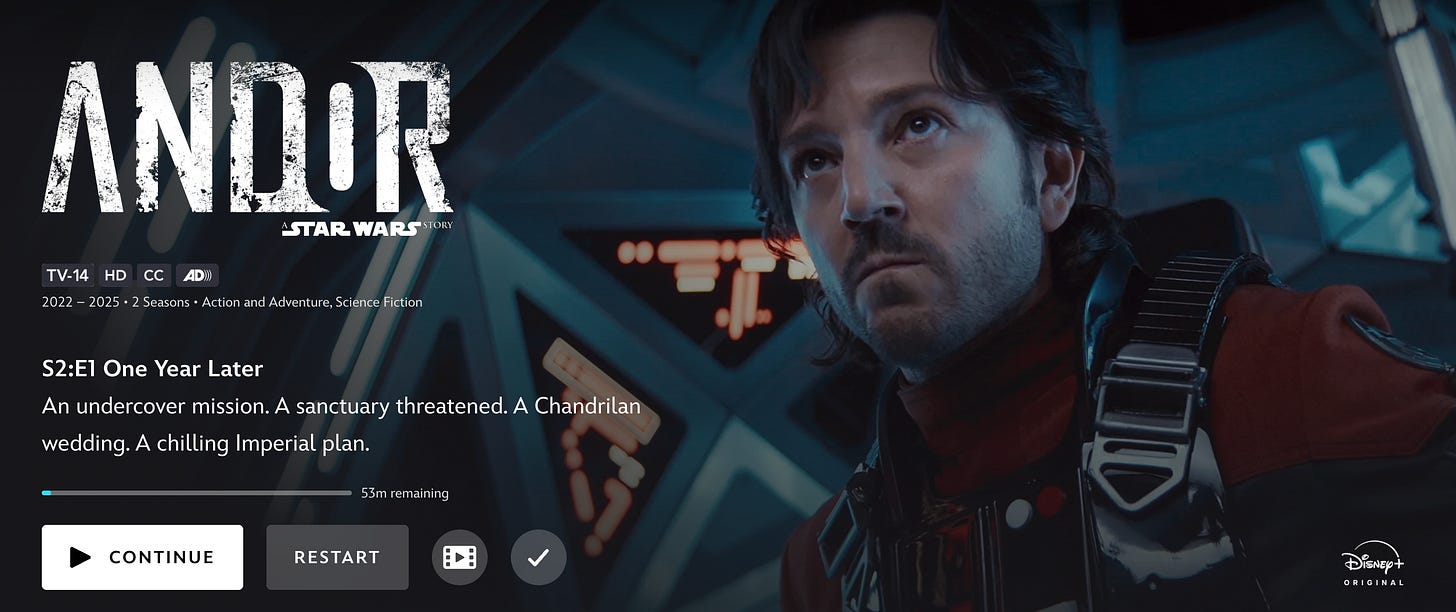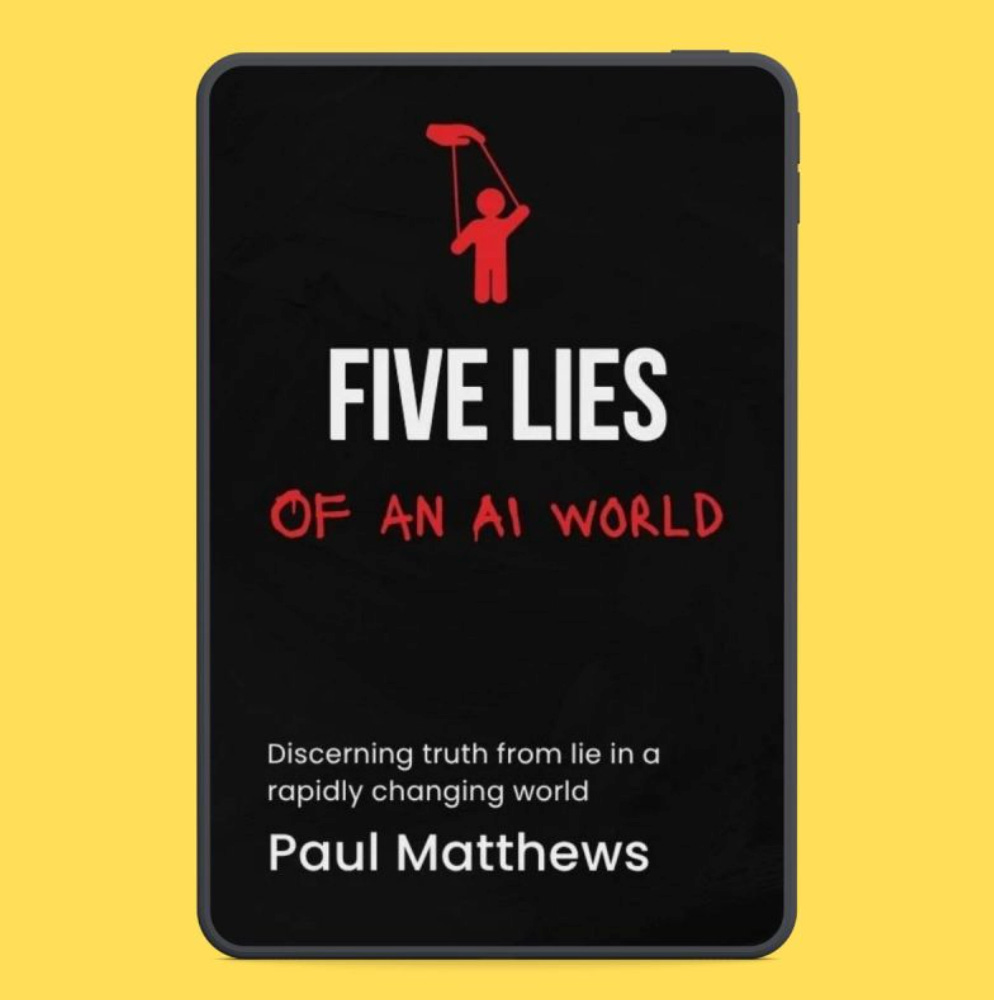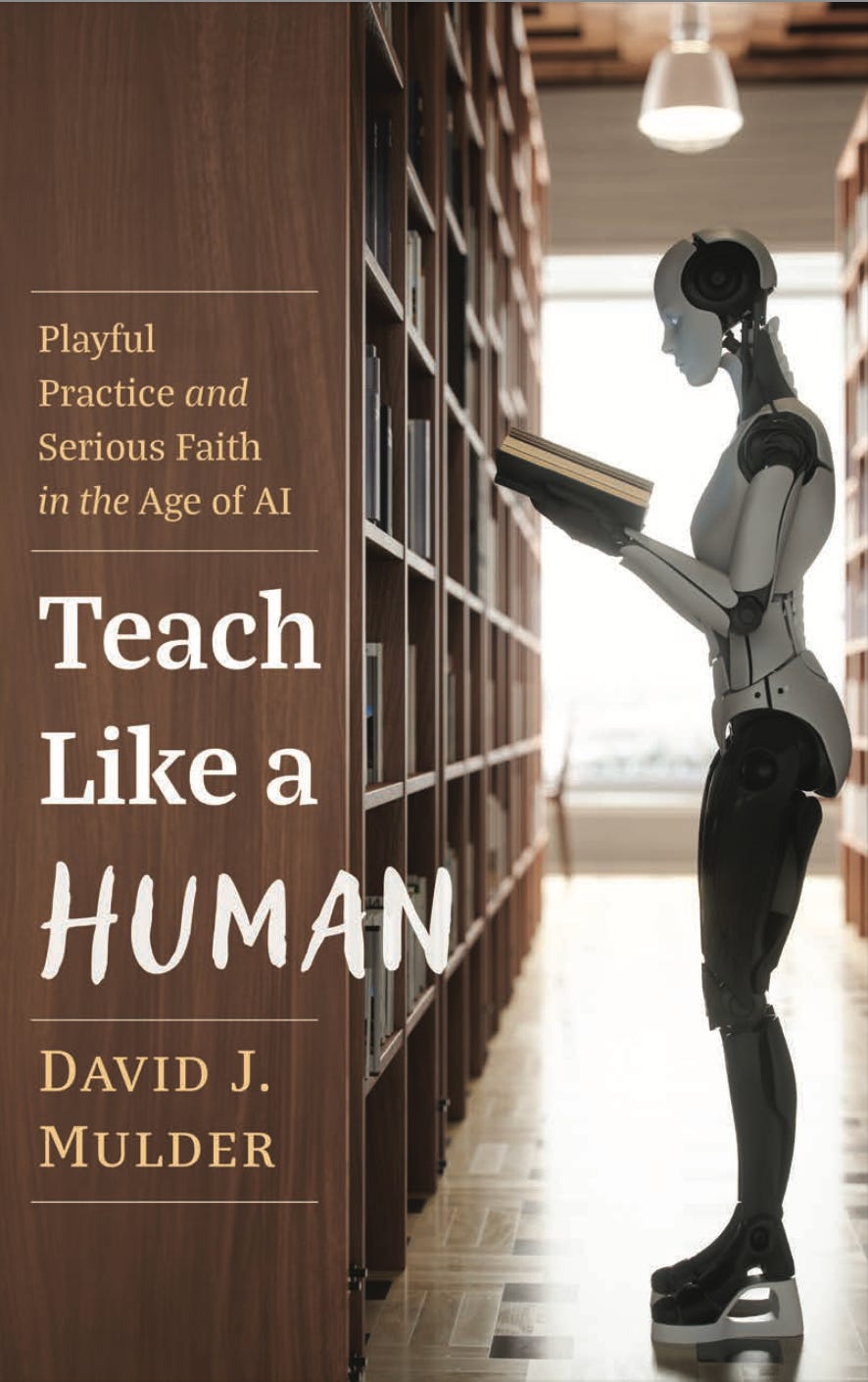All of Us Are Smarter than Any of Us
A reflection on how you can learn a lot when you hang around with smart people
I was recently invited to join a convening of Christian educators from across the country. My friend, Lynn Swaner, got the band together. Lynn serves as President (US) of Cardus, which is a Christian think tank dedicated to doing research about how institutions can work together for the common good. They do all kinds of research, but a substantial and important part of the work they do is focused on education.
And thus, this particular group. There were sixteen of us from literally all over the map. Some, like me, are professors in higher education. Others are leaders of K-12 Christian schools. Some are thought-leaders who work in Christian education organizations. Still others are—for lack of a better term—”edupreneurs” who are developing innovative tools to help schools find new and different ways to meet their mission. Some Protestants, some Catholics. Some from Christian day schools, some from parochial schools, some from classical Christian schools. A diverse group of folks who are all experts in the particular places they are called to serve. And we all came together for a day on the campus of Greater Atlanta Christian Schools (which is an amazing school that I previously only knew by reputation, but we so grateful to have the opportunity to visit!)
The goal for our time? Imagine the future of Christian education—and start generating ideas and strategies to strengthen schools, ensure their sustainability, and scale innovative approaches that could be a blessing for many different schools
I am so grateful that Lynn invited me to join in the conversation. Not because I think I’m so smart, or capable, or anything like that. But because that was an incredibly smart roomful of people. All of us brought particular knowledge, skills, experiences, and expertise. All of us were there to contribute.
Friends, I learned a TON, just by being there.
I learned more about classical Christian education over the course of one table conversation than I had previously ever known—and realized some real gaps I had in my mental model of what classical education is really all about.
I learned about a project to digitize part of the Vatican archives, and use that data to train Catholic AI models that are being used in Catholic schools around the world.
I learned about entrepreneurship projects for middle and high school students in Christian schools that are equipping them to apply their learning through real work that is making a real difference.
I learned about research that has been done on homeschools, and micro-schools, and the fluidity of how many families are choosing a variety of different kinds of educational options for their kids.
I learned about innovative funding models that some Christian schools are trying: developing their own AI platforms, and licensing them to other Christian schools, creating tennis clubs or swimming clubs and offering them to the community rather than just to the school, creating co-working spaces for parents adjacent to the school property, so families who have the flexibility to work from home can also work near school if they choose. There are lots of interesting ideas out there to subsidize the costs of tuition!
I learned a new term to help understand the individualism that seems to be an unassailable virtue in contemporary American culture: “liquid modernity.” (The big idea: just like “liquid assets” allow more freedom of how you use your financial resources, a “liquid lifestyle” with few expectations of being pinned down or accountability to others.) This idea of liquid modernity is really troubling to me, honestly, but it helps explain so much of why people don’t want to be members of things anymore. This is a challenging part of contemporary Christian schooling: how do we confront liquid modernity, emphasizing communal responsibility instead? (Because I think that’s actually God’s good design for us as human beings; think of Paul’s teaching about being the Body of Christ in 1 Corinthians 12.) Anyway, I digress.
My point in all of this?
That was a smart room, but we needed to get together as a group. Each of us might be smart about some things. But all of us—together—are smarter than any of us.
When you recognize that you don’t know everything, and are willing to spend significant time with people who know things you don’t know, and have an interest and willingness to learn…well…you can get smarter in the process as well.
What application can you made to your own work, friends? Who are you going to learn from today?
Dave’s Faves
Here are three things I’m absolutely loving right now that I hope you might love too…
Dave’s Fave #1: Andor
Yes, yes…I know, I’m behind the times. I am finally watching Andor, and I am absolutely engrossed!
The series, if you aren’t familiar, is a Star Wars story, and it streams on DisneyPlus. It tells the story of Cassian Andor, who is one of the protagonists of the 2016 film Rogue One. The series tells the story of how Andor becomes part of the Rebellion against the evil Empire of the Star Wars saga, and it gives us the backstory leading up to the film.
I just finished season one, and can’t wait to start season two…but I have a few other projects I’m disciplining myself to wrap up before I start the next season. Suffice to say, it’s an action-packed story full of great characters, and powerful themes that seem…very relevant for our current cultural moment. I recommend it!
Dave’s Fave #2: 5 Lies of an AI World
My pal, Paul Matthews, thinks a lot about AI in education—even more than I do! If you aren’t already following him on LinkedIn, you should. He is posting stuff on a nearly-daily basis there to help educators engage thoughtfully and carefully with AI. One recent example: his short ebook entitled 5 Lies of an AI World. It’s great stuff, and my pleasure to recommend it to you.
You can read the ebook here on LinkedIn: 5 Lies of an AI World.
Dave’s Fave #3: Wildflower by The National Parks
My latest folk rock band to offer for your listening pleasure: The National Parks. They are so fun and free-spirited, and their music makes me want to go take a hike! Their 2020 album, Wildflower, is a delight. I especially like track 3 (“Time”) and track 10 (“Chance.”)
Give ‘em a whirl, and leave a comment to let me know what you think!
The Last Word!
My new book, Teach Like a Human: Playful Practice and Serious Faith in an AI World is coming out literally any day now! I’ll share the info as soon as I have it from my publisher. In case you missed it, here’s what the cover looks like. I can’t wait for you to read it, friends!



